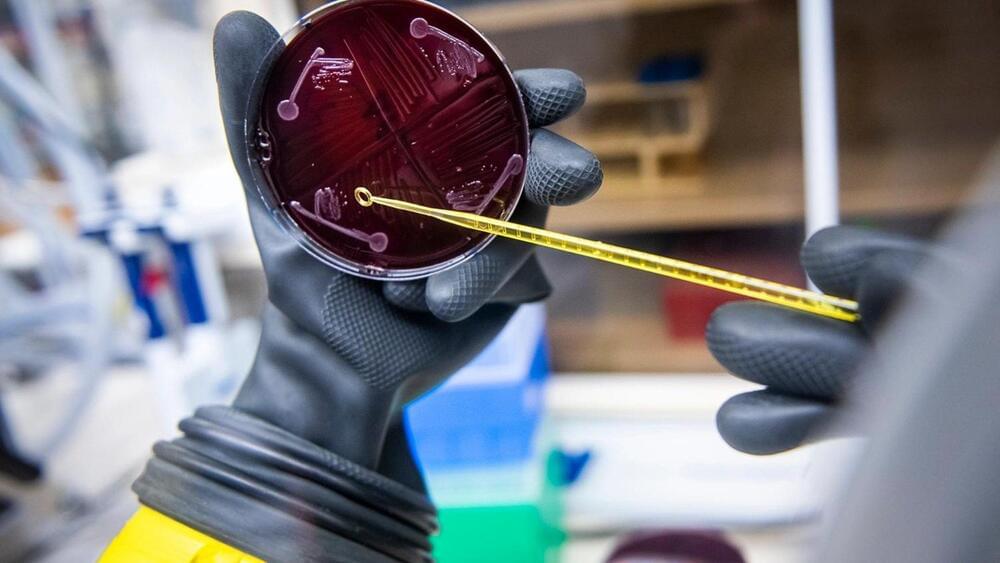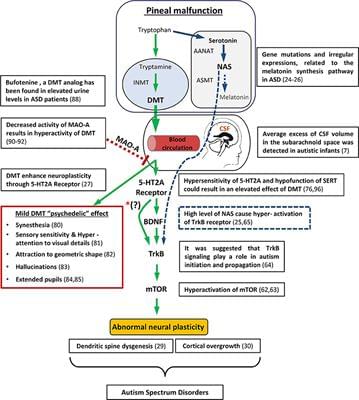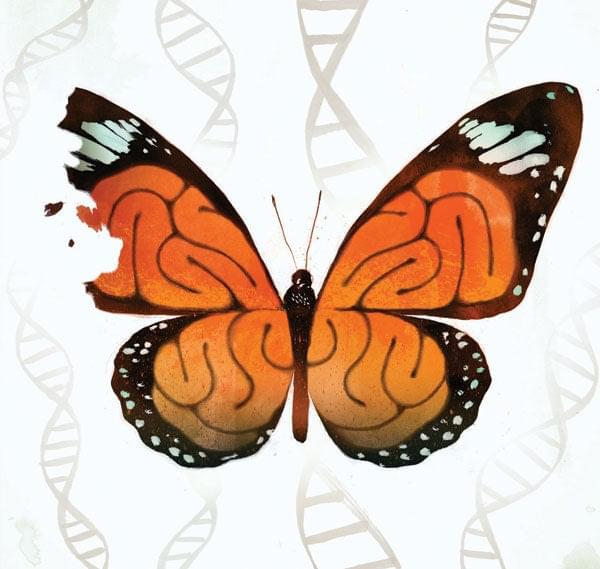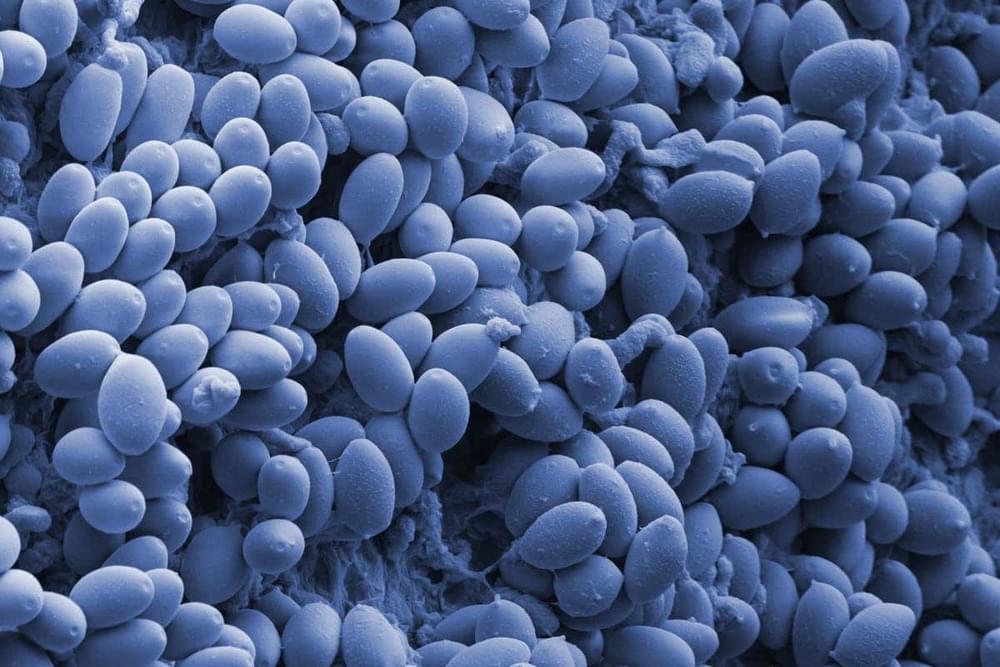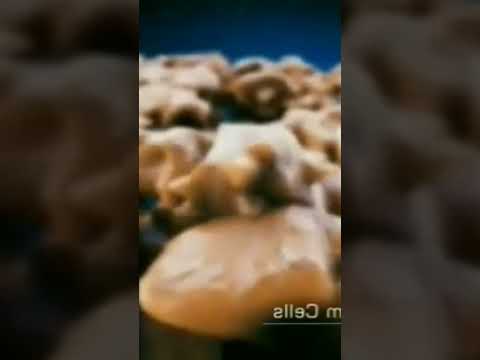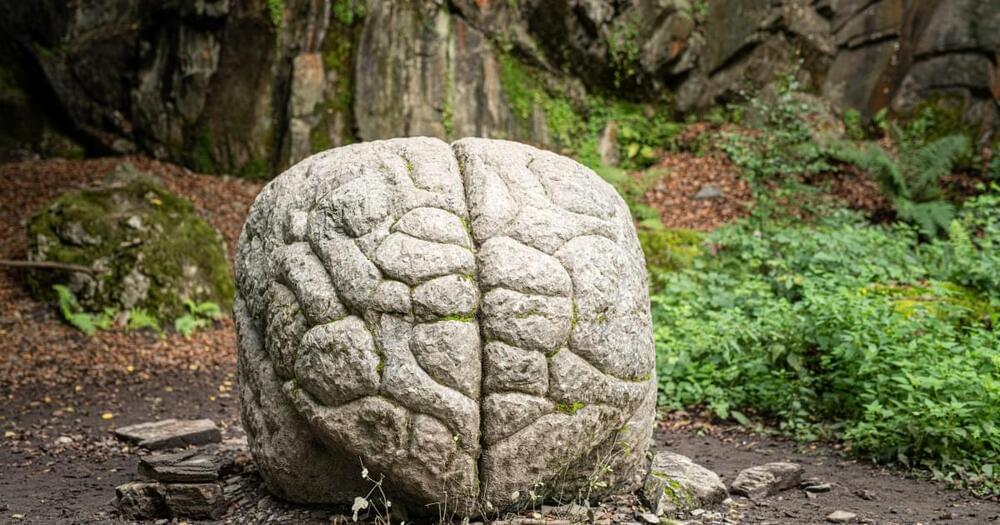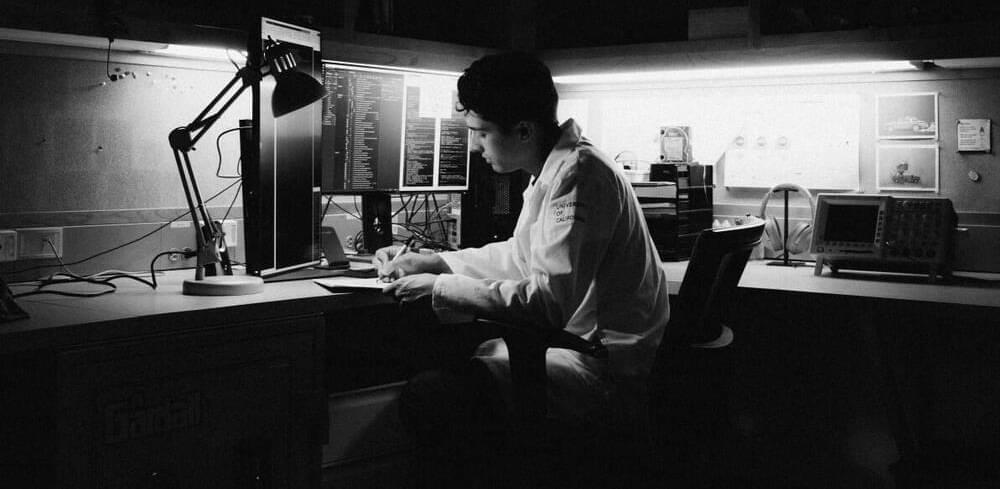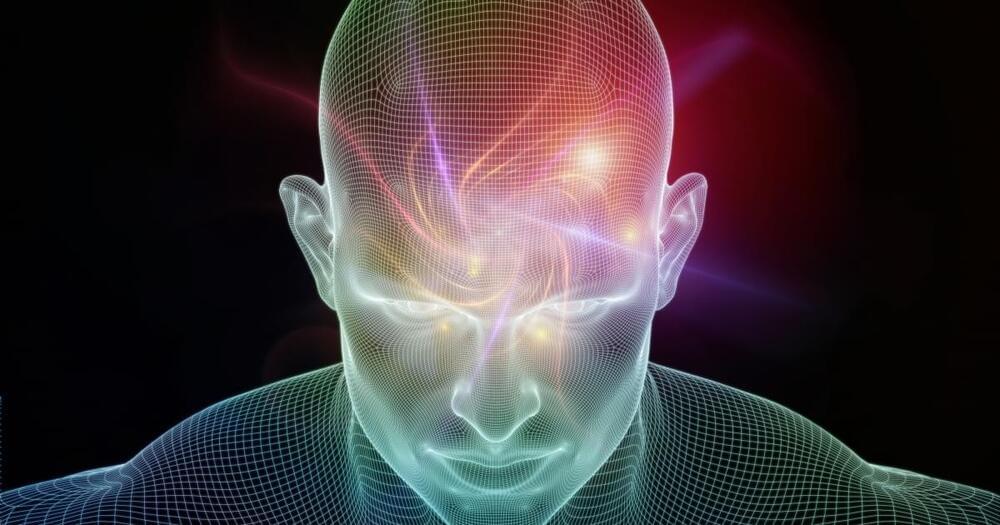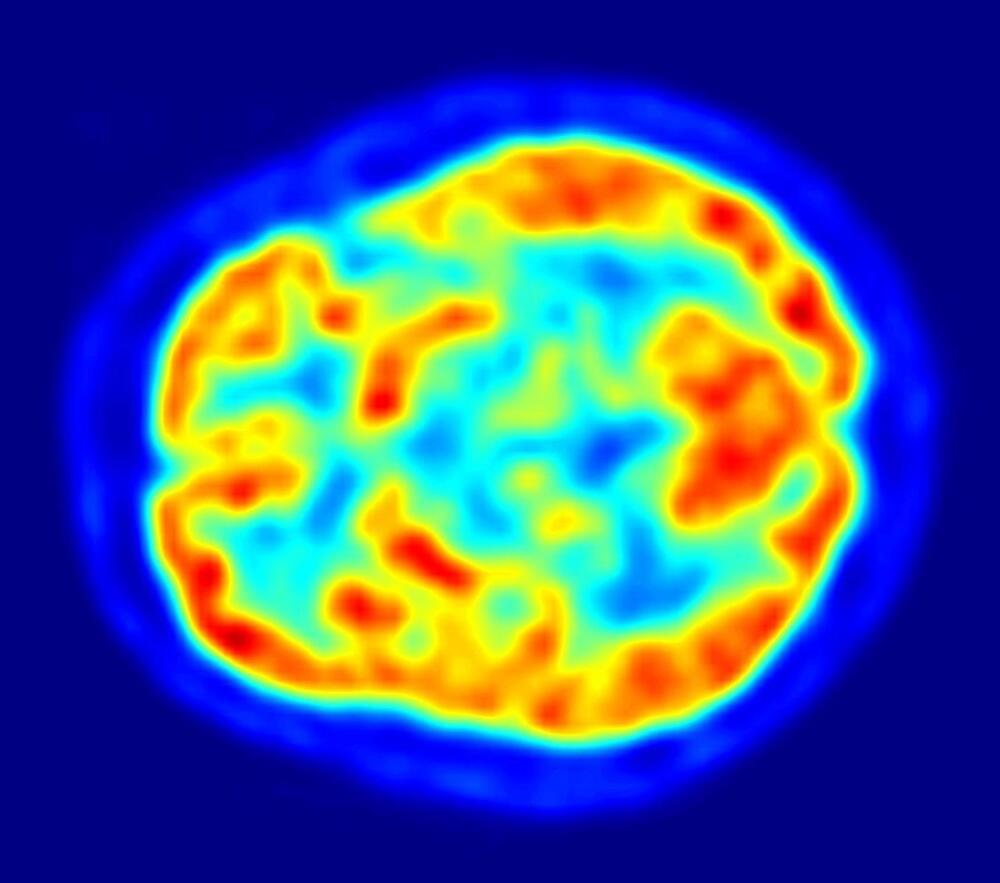
face_with_colon_three circa 2018.
Understanding the fundamental constituents of the universe is tough. Making sense of the brain is another challenge entirely. Each cubic millimetre of human brain contains around 4 km of neuronal “wires” carrying millivolt-level signals, connecting innumerable cells that define everything we are and do. The ancient Egyptians already knew that different parts of the brain govern different physical functions, and a couple of centuries have passed since physicians entertained crowds by passing currents through corpses to make them seem alive. But only in recent decades have neuroscientists been able to delve deep into the brain’s circuitry.
On 25 January, speaking to a packed audience in CERN’s Theory department, Vijay Balasubramanian of the University of Pennsylvania described a physicist’s approach to solving the brain. Balasubramanian did his PhD in theoretical particle physics at Princeton University and also worked on the UA1 experiment at CERN’s Super Proton Synchrotron in the 1980s. Today, his research ranges from string theory to theoretical biophysics, where he applies methodologies common in physics to model the neural topography of information processing in the brain.
Continue reading “Particle physics on the brain” »
